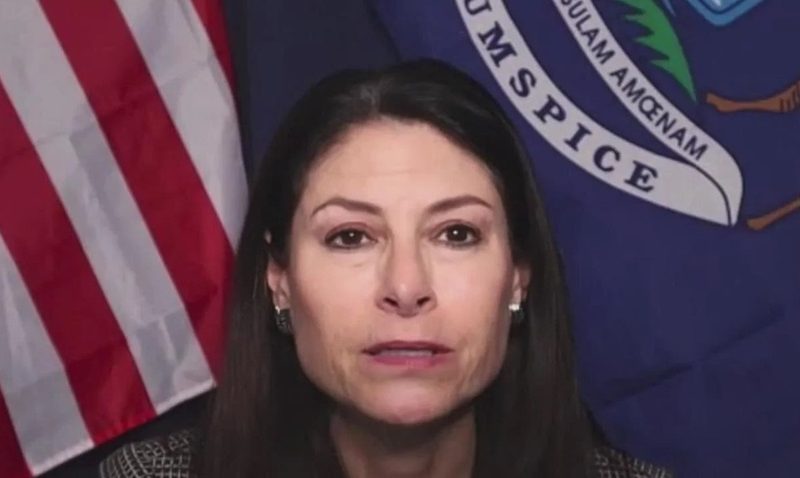Lansing, MI — The Office of the Michigan Attorney General released a damning 345-page report on Monday detailing a decades-long history of sexual abuse within the Catholic Diocese of Lansing. The report, which was the result of a sweeping investigation that began in 2018, highlights allegations of abuse spanning from 1950 to the present. Both minors and adults are reported to have been victims of clergy members, with the most concentrated period of abuse occurring during the 1970s and 1980s.
Attorney General Dana Nessel’s office said that the investigation was based on an extensive review of approximately 1.5 million documents seized during a statewide effort to examine clergy abuse cases and alleged cover-ups within the Catholic Church. The report includes new details and corroborates earlier findings, shedding light on the systemic nature of the abuse within the Lansing Diocese.
Among the key revelations of the report is a list of 56 individuals who have been accused of sexual abuse. This list includes 48 priests, three religious brothers, one former religious brother, and four deacons. Notably, 42 of the accused individuals were ordained or incardinated by the Diocese of Lansing.
Although the report has been released, the Michigan Attorney General’s office indicated that the investigation is ongoing. Nessel’s office warned that further charges could be filed as additional evidence is uncovered and more victims come forward.
“This report represents a major step forward in our efforts to hold accountable those responsible for this abuse and ensure justice for the victims,” said Nessel in a statement. “However, our work is far from over. We will continue to investigate, and we remain committed to uncovering the full truth of what happened in the Diocese of Lansing.”
The Attorney General’s office has not disclosed the identities of all the accused clergy members but noted that many of the individuals listed have been previously investigated or publicly named in connection with the larger clergy abuse scandal that has plagued the Catholic Church across the United States for decades.
In response to the report, Bishop Earl Boyea, the head of the Diocese of Lansing, issued a statement expressing deep sorrow for the victims of abuse. Boyea acknowledged the profound harm caused to both the survivors and their families, and he condemned the actions of those responsible for the abuse.
“Having read this long and detailed report, my heart breaks for all those who have suffered due to the evil of clerical sexual abuse, which is a great betrayal of Jesus Christ, His Holy Church, the priesthood, and, most gravely, those victims—and their families—who were harmed physically, emotionally, but above all spiritually when they were so young,” Boyea said in the statement.
The bishop reiterated his apology to the victims and vowed to continue offering prayers, penance, and support. While the apology was heartfelt, many victims and advocates are calling for stronger action from both the church and legal authorities to ensure accountability and prevent further abuse.
This investigation is part of a larger initiative by the Michigan Attorney General’s office to examine allegations of sexual abuse within the state’s dioceses. The investigation is expected to continue, as more documents and testimonies are reviewed. Nessel’s office has previously indicated that it will pursue criminal charges against clergy members when appropriate, and that no institution, no matter how powerful, will be shielded from scrutiny.
The findings in the Lansing Diocese report contribute to the broader crisis facing the Catholic Church in the U.S., where similar investigations have uncovered widespread abuse and cover-ups in dioceses across the country. The revelations of abuse have prompted calls for greater transparency, systemic reform, and a reevaluation of the Church’s handling of abuse claims.
As the investigation into the Diocese of Lansing continues, the survivors of abuse and their advocates are pressing for justice and accountability. For many, the release of this report is a bittersweet step toward healing, though the scars of the abuse are unlikely to ever fully heal.
The full report can be accessed through the Michigan Attorney General’s website, where the ongoing investigations will be tracked.












